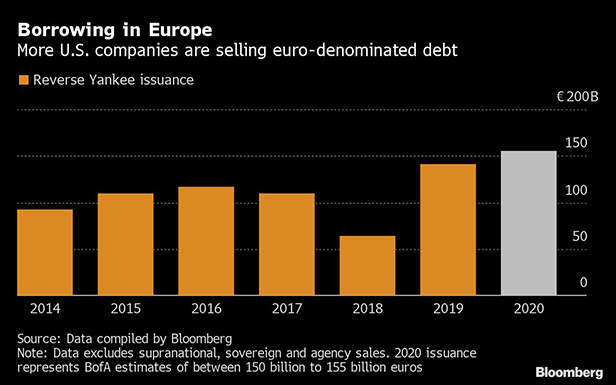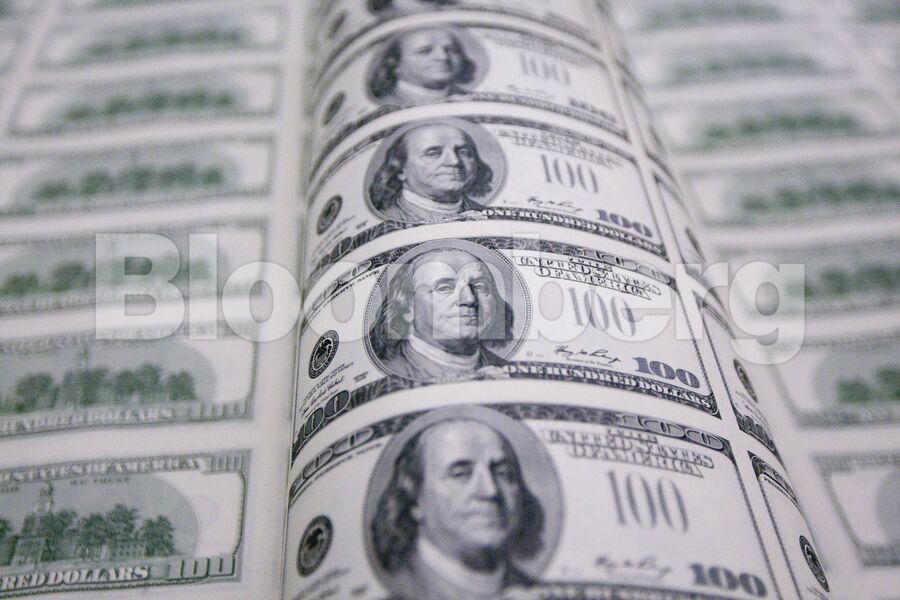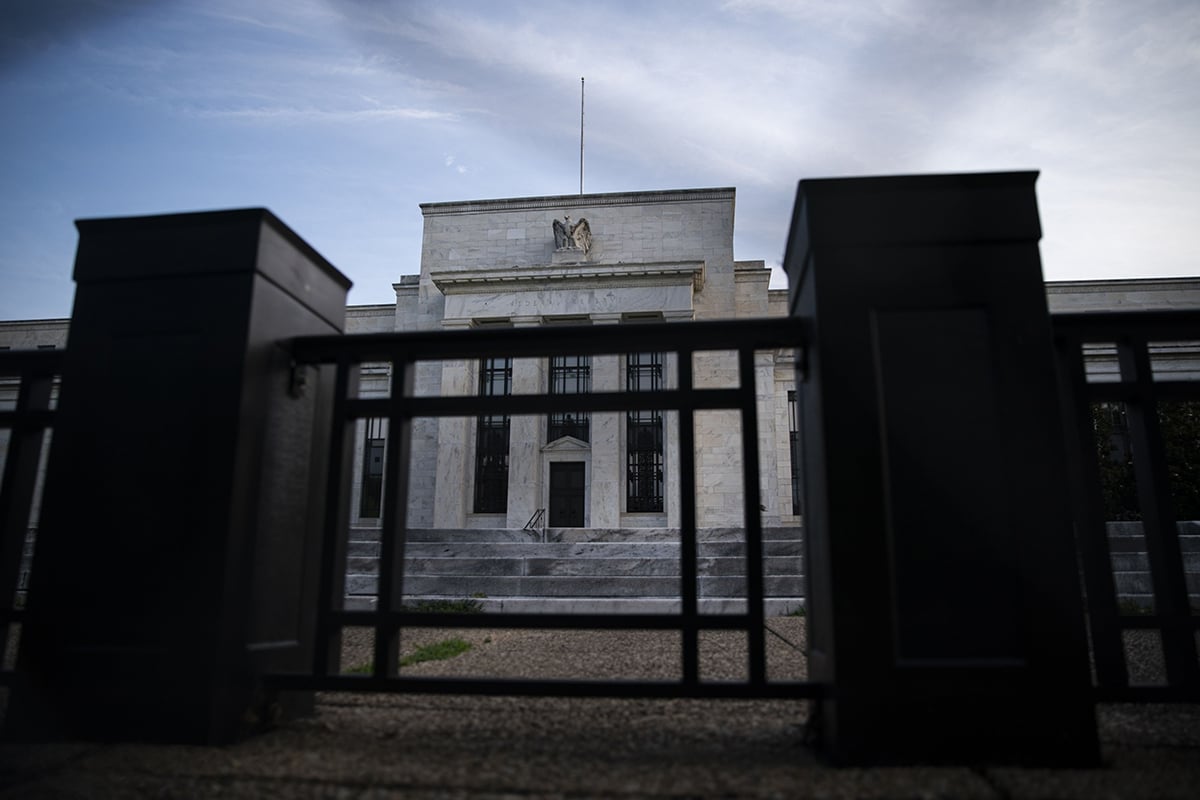Borrowing in Europe is so cheap that U.S. companies includingDow Chemical Co. are looking at selling bonds there for the firsttime in years, or even ever.
|The chemical company began meeting with investors in Europe lastweek about a possible bond sale in as many as three parts,according to people with knowledge of the matter. Investors andstrategists are trying to figure out which other corporations willfollow suit.
|Barclays believes that energy company Exxon Mobil Corp. andhard-drive maker Seagate Technology may be among the nextborrowers. Exxon Mobil and Seagate declined to comment. Dow and itsunits haven't had euro-denominated debt outstanding since 2014,according to data compiled by Bloomberg.
|Determining which companies are next can give investors a goodpayoff: When a corporation that doesn't have euro-denominated bondsoutstanding decides to tap that market, risk premiums on its U.S.bonds will often shrink relative to the index, according toBarclays strategists. Money managers are paying attention.
|"Any dollar of issuance that ends up in another currencyobviously helps reduce supply of U.S. corporate debt," said StevenBoothe, a high-grade portfolio manager at T. Rowe Price, whichoversees around $1.2 trillion in assets. "If the trend continues,that helps support returns in the U.S. market."
|
Companies are drawn to Europe's rock-bottom yields right now.The continent's central bank is vacuuming up corporate bonds tohelp stimulate the economy, having bought more than 1 billion euros(US$1.1 billion) of notes in three of the last four weeks. That'shelped pull average yields on investment-grade euro-denominatedcorporate bonds down to around 0.36 percent, as of last Wednesday,according to Bloomberg Barclays index data—near record lows. In theUnited States, that figure was closer to 2.6 percent lastTuesday.
|American corporations have been flocking to the euro market formonths. U.S. companies sold 131 billion euros of the bonds known as"reverse Yankees" last year, the most on record, according to Bankof America Corp. That figure may jump to between 150 billion to 155billion euros this year, the bank said.
|International Business Machines Corp. last week brought athree-part jumbo deal to the euro investment-grade market, selling3.75 billion euros ($4.1 billion) of notes total maturing in 8, 12,and 20 years. It borrowed relatively cheaply—the 0.3 percent couponit paid on its eight-year euro notes is far less than the roughly2.3 percent yield on older U.S. notes it has that mature in August2027. The technology services company is a frequent borrower ineuros.
|The additional cash flow that corporations get from cheaperborrowing costs can be used to de-lever their balance sheets,according to Arvind Narayanan, senior portfolio manager onVanguard's active investment-grade credit strategies. Vanguardoversees $6.2 trillion in assets.
|"This is very constructive for the U.S. dollar corporate bondmarket, and we expect more and more of these," said Narayanan in atelephone interview.
||
'No-Brainer'
To find companies that might be next, Barclays looked atcorporations with U.S. investment-grade notes outstanding, and someeuro-denominated revenue, which gives them money to pay liabilitiesin the single currency. First-time issuers, which accounted for 20percent of reverse-Yankee supply last year, are bringing largerdeals than in the past, Barclays strategists led by Shobhit Guptawrote in a report in late January.
|Some companies are also borrowing for longer than they havehistorically. In 2019, the investment-grade euro-denominated marketsaw eight 30-year bonds, the first time companies have really beenable to borrow for that long in the currency since 2015, Barclayswrote.
|Comcast Corp. sold a five-part deal in euros and sterling lastweek. It borrowed for as long as 20 years. A "wide open" corporatedebt market in Europe means the largest U.S. cable provider—whichadded $27 billion to its debt pile in 2018 when it took fullcontrol of British pay-TV Sky Plc after an intense bidding war—canget access to new sources of funding and liabilities to hedge itsassets abroad, according to Hans Mikkelsen, head of high-gradecredit strategy at Bank of America.
|"It's really kind of a no-brainer for a lot of companies to dothis," said Mikkelsen.
|Luxury-goods giant and owner of American jeweler Tiffany, LVMHMoet Hennessy Louis Vuitton SE, last week sold its biggest eurobond in almost four years.
|"If you had these bonds being issued in U.S. dollars, it mightcreate some additional supply indigestion," said Barry McAlinden,senior fixed-income strategist for the Americas at UBS GlobalWealth Management, overseeing $2.6 trillion in assets globally.
||
|
Copyright 2020 Bloomberg. All rightsreserved. This material may not be published, broadcast, rewritten,or redistributed.
Complete your profile to continue reading and get FREE access to Treasury & Risk, part of your ALM digital membership.
Your access to unlimited Treasury & Risk content isn’t changing.
Once you are an ALM digital member, you’ll receive:
- Critical Treasury & Risk information including in-depth analysis of treasury and finance best practices, case studies with corporate innovators, informative newsletters, educational webcasts and videos, and resources from industry leaders.
- Exclusive discounts on ALM and Treasury & Risk events.
- Access to other award-winning ALM websites including PropertyCasualty360.com and Law.com.
*May exclude premium content
Already have an account? Sign In
© 2024 ALM Global, LLC, All Rights Reserved. Request academic re-use from www.copyright.com. All other uses, submit a request to [email protected]. For more information visit Asset & Logo Licensing.







